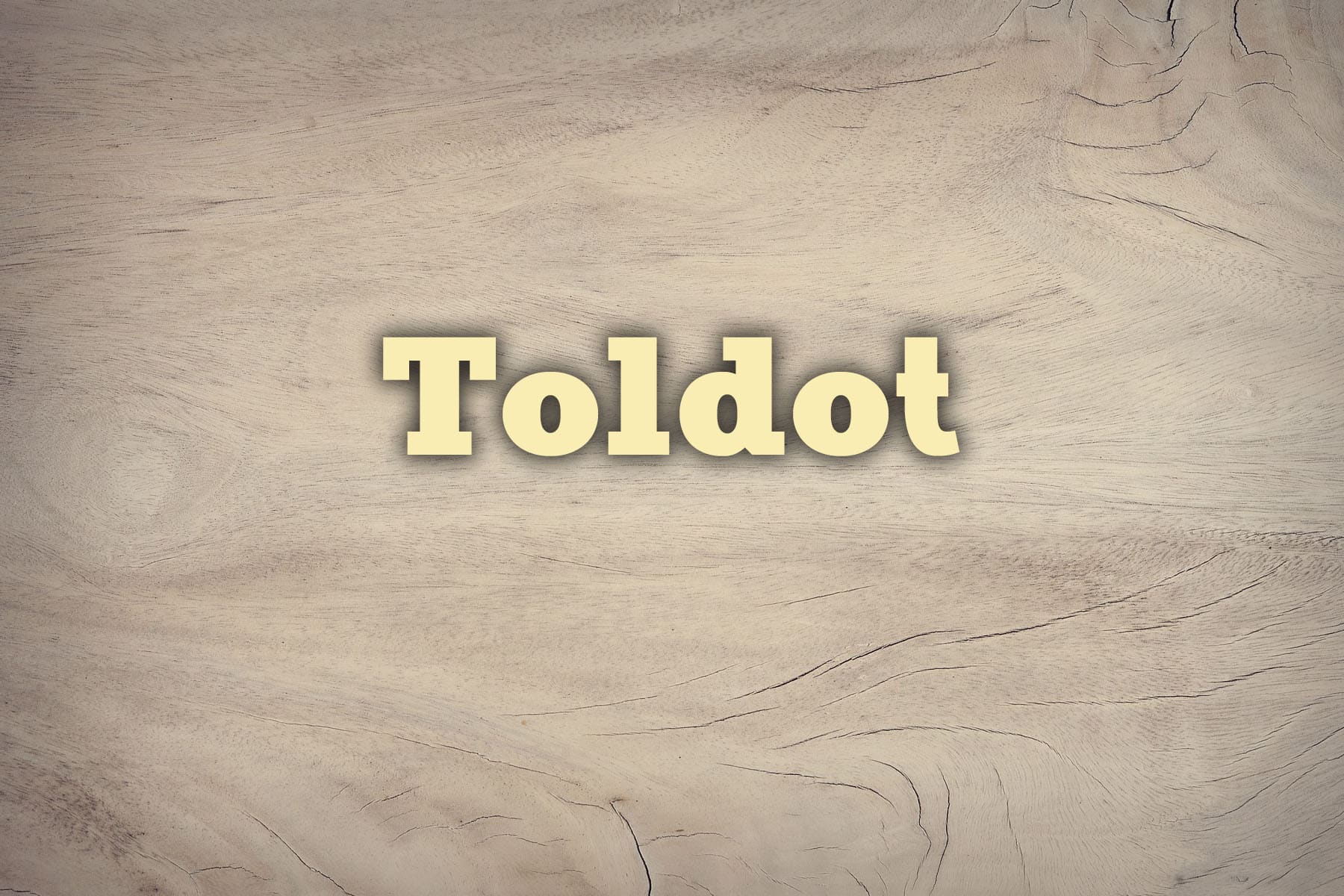
One verse, five voices. Edited by Nina Litvak and Salvador Litvak, the Accidental Talmudist
And the children struggled within Rebecca, and she said, “If [it be] so, why am I [like] this?” And she went to inquire of the Lord.And the Lord said to her, “Two nations are in your womb, and two kingdoms will separate from your innards, and one kingdom will become mightier than the other kingdom, and the elder will serve the younger.”
– Gen. 25:22-23
Rabbi Nicole Guzik
Co-Senior Rabbi of Sinai Temple
The Torah reminds us that jealousy is innate. Like Jacob and Esau sharing their mother’s womb, we all share the limited resources this world provides. While it may be natural to covet, Jewish tradition provides guidance as to how to resist living a life of envy.
Mishlei tells us, “Jealousy is rot to the bones.” But the Talmud opens our eyes to a different way. Yoma 38b reads, “Everyone has a portion designated for him by God, and the individual is privileged to receive what is coming to him … The principle is: No person may touch that which is prepared for another by God; everyone receives what is designated for him.” The Talmud is not suggesting that one should refrain from pouring energy into one’s pursuit of success. Climbing a ladder to grasp one’s dreams is praiseworthy. However, climbing a ladder because your neighbor’s ladder is higher than yours is what our tradition conveys as developing rot in our bones.
The Mishna even goes as far as cautioning us against having windows that open up towards a neighbor’s, lest we see something that causes envy to fester. We resist living a life of envy when we ask ourselves, “Do I want this path because it rivals my neighbor?” Or “Do I want this path because I know I walk in pursuit of something that will contribute positivity to the world?” It is the answer to that question that allows for the cultivation of a good heart, the greatest characteristic of all.
Salvador Litvak
Filmmaker, Humorist, Accidental Talmudist
Pronouns matter, but prepositions matter even more. Pronouns describe identity. Prepositions describe a relationship. The translation offered here, “one kingdom will become mightier than the other,” aligns with our Sages’ understanding of Jacob and Esau’s iconic relationship. They’re not just brothers. They are forebears of Israel and Rome, and these nations will remain distinct for all time, one always ascending as the other descends, never in sync.
Israel represents Torah values – objective, eternal morality. Rome represents a barbaric drive toward power and pleasure at the expense of Torah values. As Rashi says, “They shall not be equal in greatness. When this one rises, that one falls.”
But the Hebrew actually says ul’om mil’om ye’ematz – one kingdom will become stronger from the other. This is not a parasitic relationship — we’ve already been told they will remain separate. Rather, Rebecca senses within herself two warring urges: Esau/power/pleasure which shall emerge first, and Jacob/principle/conscience which emerges after. And the elder shall serve the younger.
Rebecca is a special person, the matriarch whose destiny is revealed when she not only offers to draw water for a stranger, but also for his many camels after their long journey. This, even though they are kneeling and at rest when she perceives their thirst. Now she beseeches God for wisdom and realizes that our basest urges emerge first, but when we do the holy work of examining, challenging and overcoming them, we grow stronger from that very process, and rise toward a new and elevated destiny.
Elan Javanfard
LMFT, Professor & Author, Psycho-Spiritual Insights blog
Rebecca’s journey through pregnancy and internal struggle reveals deep psychological layers that resonate with many who face profound uncertainty. Her distress speaks to the universal fear of failing to live up to perceived spiritual or personal ideals. Rebecca’s agony is not merely physical; it’s a crisis of self-worth and purpose. As she carries her long-awaited child, the battle within her womb seems to signify something much darker — a fear that perhaps she, with her complex lineage, isn’t worthy to carry forward the divine mission. This anxiety may reflect an inner conflict, suggesting that when physical symptoms defy logic, they often ignite spirals of self-blame and questioning.
The tension Rebecca feels also stems from a lack of external validation or clear understanding. Unable to rely on modern medical reassurances, Rebecca interprets the strife as a reflection of her own spiritual flaws. This may be why she chooses not to confide in Yitzhak, fearing judgment or exposing perceived inadequacies. Her choice to seek guidance independently suggests her isolation but also her resilience. When she finally receives the prophecy, it provides clarity, alleviating her self-doubt by externalizing the struggle as part of a larger divine plan. This narrative illustrates how, in moments of profound doubt, self-compassion and seeking outside wisdom can help one confront their fears and see beyond immediate suffering.
Rabbi Shlomo Yaffe
Congregation B’nai Torah, Springfield, MA
Rebecca is concerned by the actions of the children in her womb. Rashi writes: Our rabbis expounded the word “vayitrotz’tzu” as being an expression of ritza “running”: When she passed by the entrances of the Torah academies of Shem and Ever, Jacob would hurry and wriggle to try and come out, and when she passed by the entrance of a place of idol-worship, Esau would wriggle to try and come out.
We ought to ask — why did this distress Rebecca so much to the extent that she questions the value of the pregnancy she had yearned for so much? One approach is that she did not realize she was expecting twins — so she thought this was one child who was inclined both to idol worship and the worship of G-d. Rebecca was concerned that this child would be inclined to whatever approach in life seemed most advantageous in the short term. Today — if he felt that idols gave good harvests and success, he’d worship idols. If he felt G-d would – he’d worship G-d. Rebecca was concerned that the child would not be driven by belief. Once she heard there were two children in her womb who might develop with inclination to different beliefs — if a person seeks truth — they can change once they are taught to recognize truth. If a person is built to pursue temporal advantage only — they are not even seeking truth and hence will have a much harder time recognizing it.
Rabbi Aryeh Markman
Executive Director, Aish LA
Rebecca, the mother of Jacob and Esau, didn’t know she had twins. She thought she had a schizophrenic child. She would pass by a house of Torah learning and feel the embryo inside her trying to escape and then she would go by the house of idol worship and have the same feeling. She went to see the prophet Shem, the son of Noah, and asked what would be? She was told, you have twins, and the older, Esau, will be more interested in the material world, but he will serve the younger, Jacob/the Jews. But only if the younger’s priorities and task will be that of spiritual matters. Rome, the Church, the U.N. and EU, to name a few, are the older brother. Get it?
If we care at least as much about excelling in the Yeshiva as in the Ivies, the older will serve us. But if otherwise, then the consequences are servitude under our non-Jewish masters. Rebecca was relieved there would be two sons, and she would guide each to realize their potential and relationship, rather than one child with a dual nature. But as fate would have it, Jacob also had to excel in the material world to survive, as Esau had no interest in a partnership. Rebecca’s original concern is our current challenge. Let’s not lose track of our role in humanity, that being the moral compass before being the Start-Up Nation. Our destiny is ours to choose by understanding our true purpose and priorities.










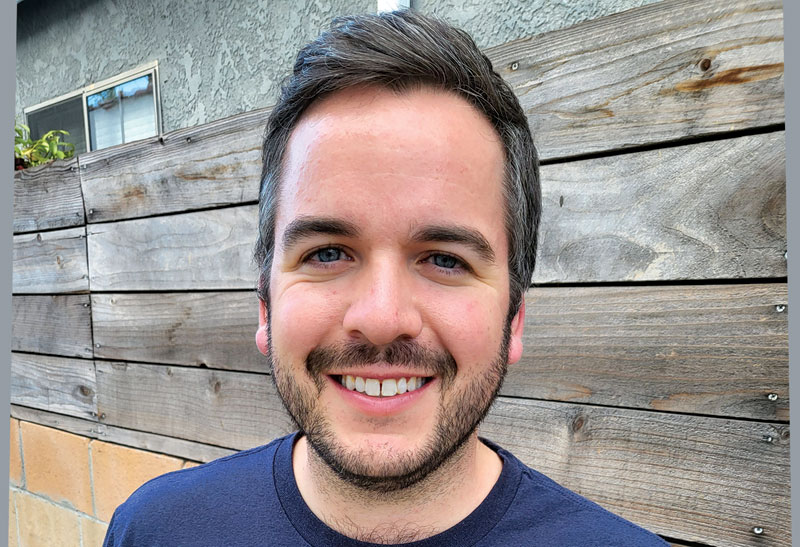
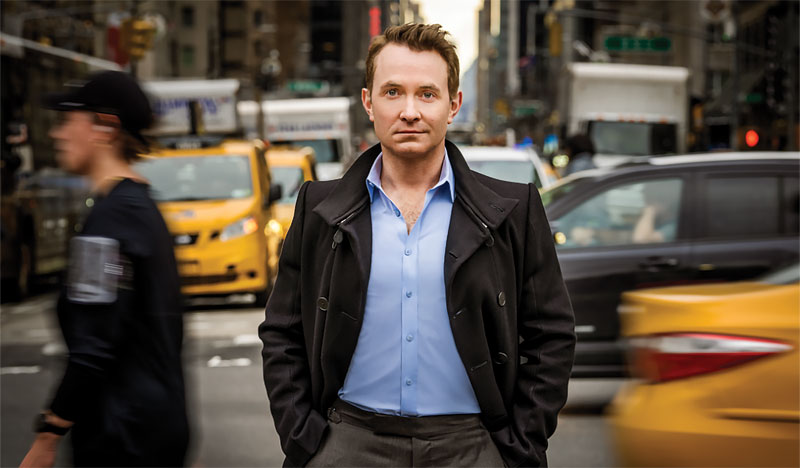
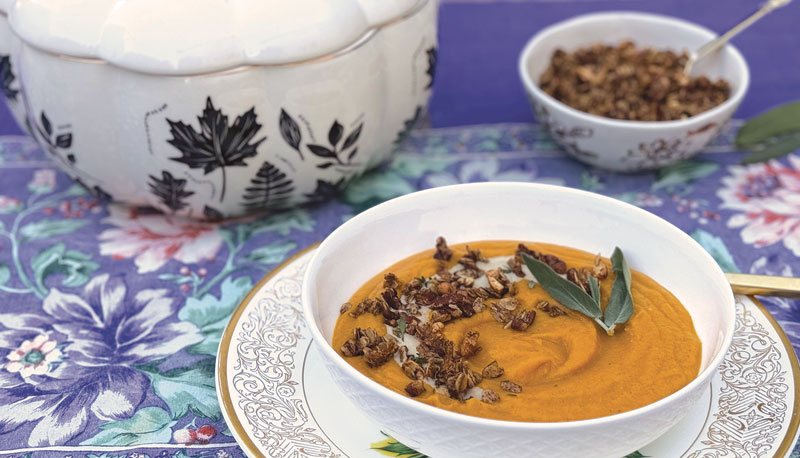

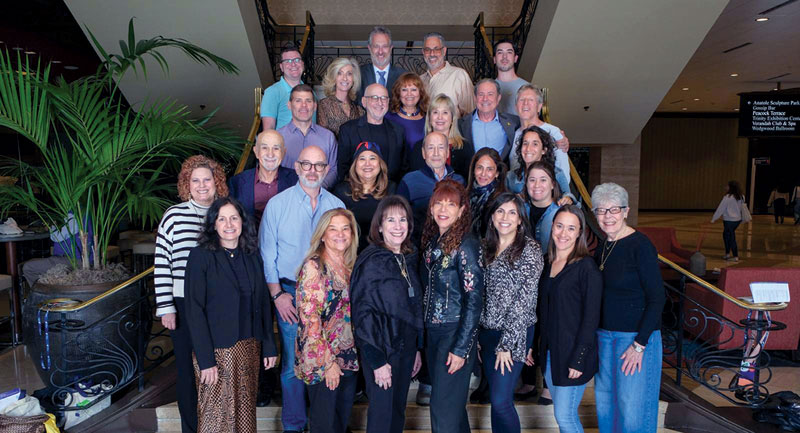
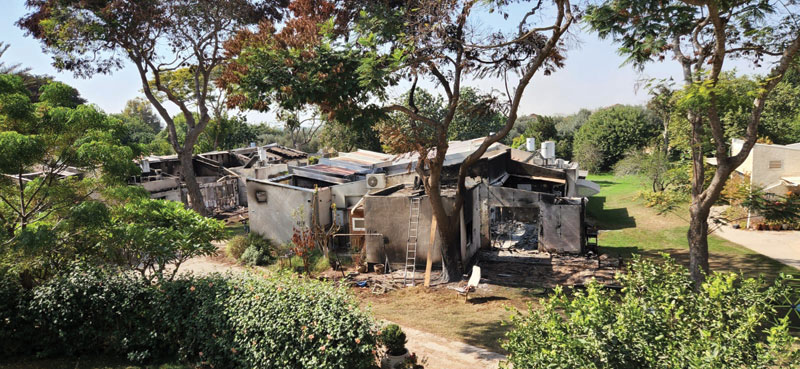
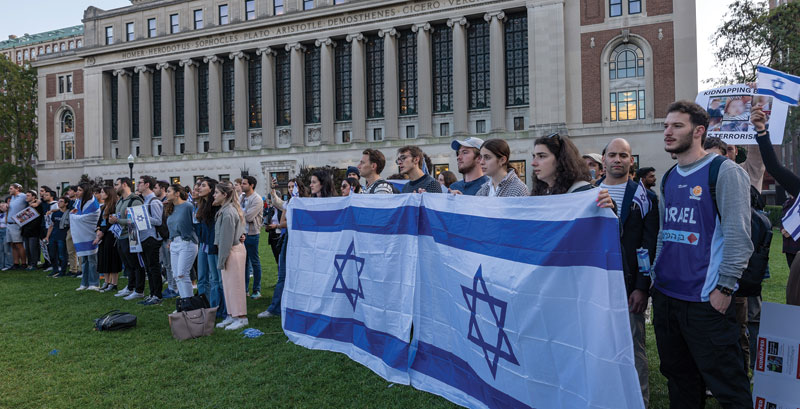






 More news and opinions than at a Shabbat dinner, right in your inbox.
More news and opinions than at a Shabbat dinner, right in your inbox.